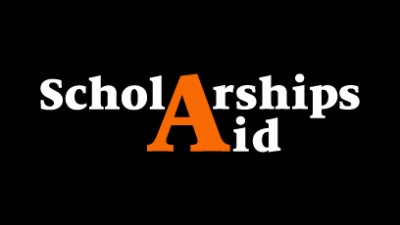Leandrit Mehmeti
Associate Dean and Assistant Professor
Bio
Dr Leandrit Mehmeti is the Associate Dean and Assistant Professor at the Rochester Institute of Technology in Kosovo (RITK). Prior to joining RITK, he held academic positions at the University of South Australia and served as Head of the Diploma of Arts Department at the South Australian Institute of Business and Technology.
Dr Mehmeti earned his Master's and Ph.D. from the University of South Australia. He has been a member of the Australian Political Science Association (APSA) since 2010; The Association for Nationalities Studies (ASN) since 2013; and The Society of Albanian Studies (SAS) since 2015.
At the RITK Dr. Mehmeti teaches courses in Political Science, Communication, and Writing and also supervises Capstone projects. His research interests include security studies, democratisation, post-conflict transition, governance, humanitarian aid and intervention and European Union integration perspectives and policies. He has published on topics such as democratisation, security and EU integration perspectives and has presented his research at academic conferences in Australia, the United States, Asia and Europe.
Dr. Mehmeti also serves as Editor-in-Chief of the Journal of Peace, Conflict and Security Studies, where he leads the publication of peer-reviewed research on global peacebuilding, conflict resolution, and security policy.
Select Scholarship
Mehmeti L.I, 2021, “Kosovo’s EU Perspective: pushing it forward or pulling it away?”, in Branislav Radeljic (eds) The Unwanted Europeanness? Understanding Division and Inclusion in Contemporary Europe, De Gruyter, Berlin
Mehmeti L.I, 2017, “Kosovar Identity: Challenging the Albanian National Identity”, Australian and New Zealand Journal of European Studies, vol. 9, no. 1, pp. 16-25
Mehmeti L.I & Radeljic B, 2017, Kosovo and Serbia: Contested Options and Individual Consequences, University of Pittsburgh Press, Pittsburgh, Pennsylvania
Mehmeti L.I., 2017, “Perspectives of the normalisation of relations between Kosovo and Serbia” in Leandrit I Mehmeti & Branislav Radeljic (eds) Kosovo and Serbia: Contested Options and Individual Consequences, University of Pittsburgh Press, Pittsburgh, Pennsylvania
Mehmeti L.I. & Nagel R, 2013, “Achieving success? The role of the United Nations in Post-Conflict management: Cases of Kosovo and Timor Leste”, Australian Political Studies Association Conference 2013, Murdoch University, WA
Mehmeti L.I. 2013, “Kosovo – Serbia: normalisation of relations or just diplomatic theatre? An analysis of April 2013 EU brokered agreement between Kosovo and Serbia”, Australian Political Studies Association Conference 2013, Murdoch University, WA
Mehmeti L. I., 2013, “Democratisation in Kosovo: The Role of International Institutions”, in Branislav Radeljic (eds) Europe and the Post Yugoslav Space, Ashgate, London











